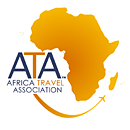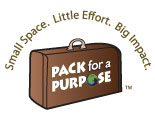Everyone has different needs and life styles. It is hard to predict what every individual will spend. As a rough guide we recommend at least USD $30 - USD $60 a day to pay for your snacks, a couple of beers in the evening, souvenirs, the occasional upgrade to a room, as well as e-mails and phone calls home. For example a bottle of local beer (500ml) costs approx. USD$3-5, a glass of wine is more expensive approx.USD$5-7. So if you are a wine drinker - budget more!
Bring ALL your spending and Visa funds in new USD CASH ONLY. Large USD notes (tip: $50 and $100 notes obtain a higher exchange rate than small notes). USD notes must be dated 2018 and above; clean new notes without rips or pen markings otherwise they will not be accepted in East and Southern Africa.
Do not assume the banks or money changers in UK/Europe/AUS/NZ/USA/RSA know you need NEW post dated 2018 USD CASH. You must check the dates and condition of each note before accepting them.
Credit cards are useful in large cities for purchases and cash from ATMs emergency backup money only. DO NOT rely on them as a source of cash (they also attract very high commission rates regardless what you are told back home).
Over the years more and more places are accepting credit cards (Visa and Mastercard) and ATMs are popping up in major towns and cities. While this is a great advancement it does not mean we can rely on ATMs as a reliable source of cash. It is not uncommon for ATMs to be out of cash, the connection fails or it is broken! While a good backup source they cannot be relied upon. The same goes for credit cards, while more and more places are accepting credit cards (visa and mastercard) as a source of payment there are regular technical hitches that impede successful transactions.



